18 GPTs for Data Categorization Powered by AI for Free of 2026
AI GPTs for Data Categorization are advanced computational tools designed to automate the sorting and classification of data into predefined categories. Utilizing Generative Pre-trained Transformers, these tools leverage machine learning algorithms to understand, interpret, and categorize vast amounts of data efficiently. This capability is crucial for managing and extracting value from data in various industries, as it enables the processing of information at a scale beyond human capability. The relevance of these tools in data categorization lies in their adaptability to different data types and contexts, providing customized solutions that enhance data organization, analysis, and decision-making processes.
Top 10 GPTs for Data Categorization are: Schema Advisor - Amanda Jordan,Mayring Mentor - Inhaltsanalayse Tool,Academic literature search and review GPT,Quali Research - Text analysis Assitant,SFDC Sage,Product Name Matching Recognition,Search_and_Classification,Abstracts (Exit) -Analyzer,rapport,Finance Facilitator
Schema Advisor - Amanda Jordan
Empower Your SEO with AI-Powered Schema Structuring

Mayring Mentor - Inhaltsanalayse Tool
AI-powered tool for qualitative content analysis.

Academic literature search and review GPT
Empowering Academic Research with AI
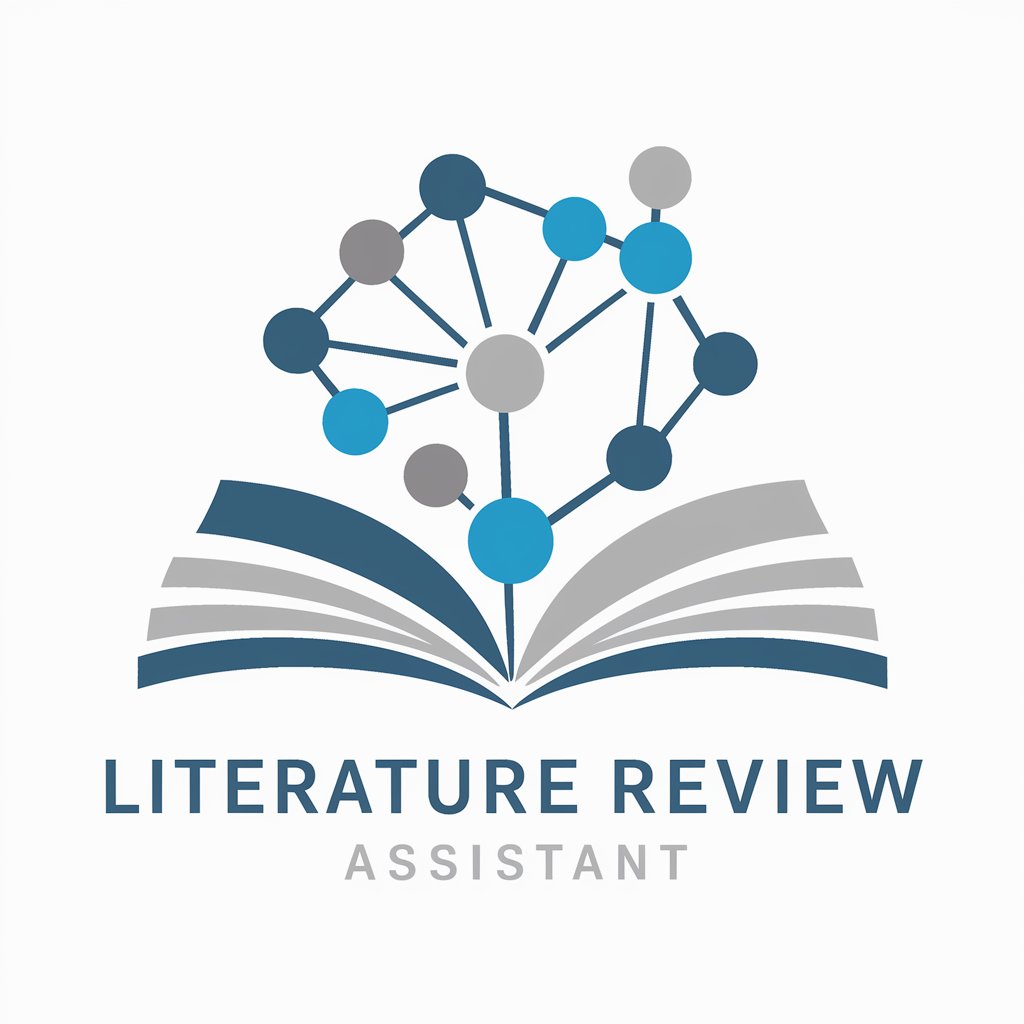
Quali Research - Text analysis Assitant
Empowering Insights with AI Analysis

SFDC Sage
Enhance Your Salesforce Knowledge
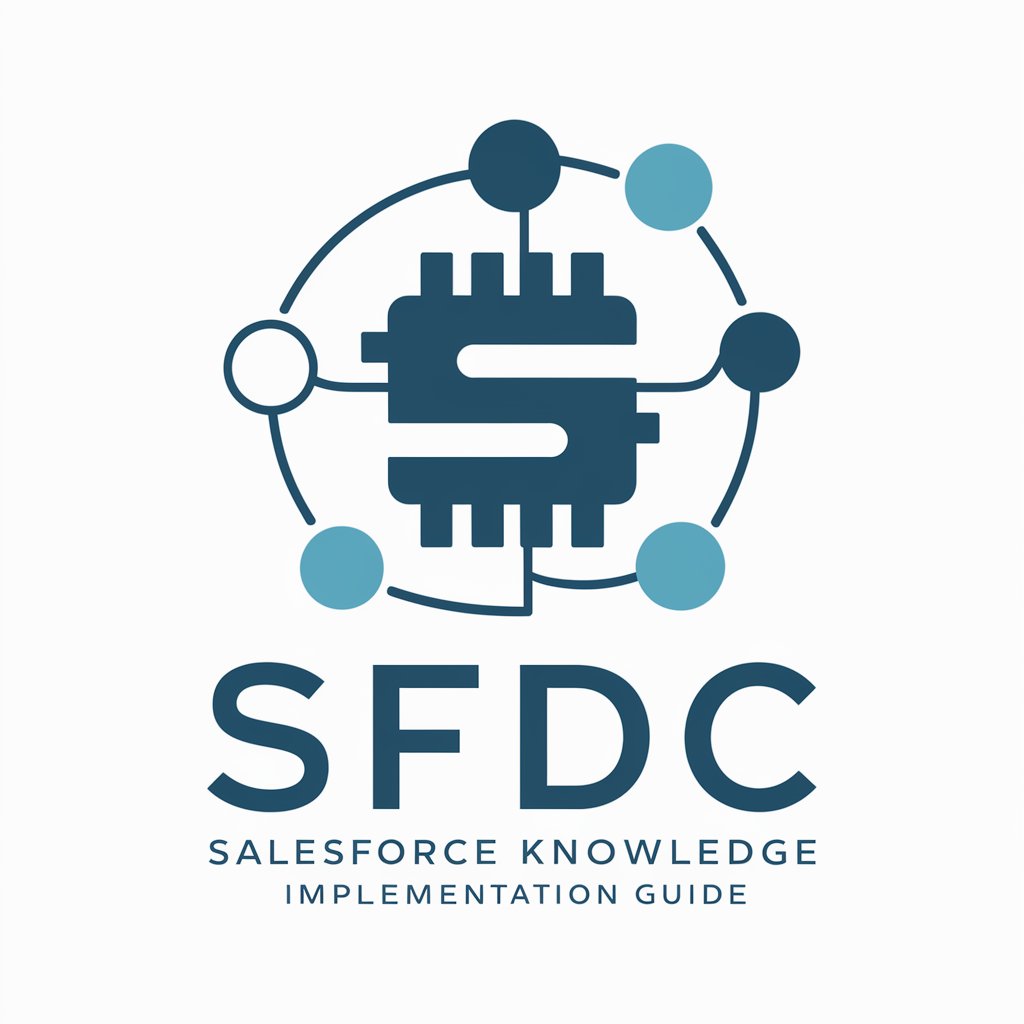
Product Name Matching Recognition
Streamline categorization with AI precision.
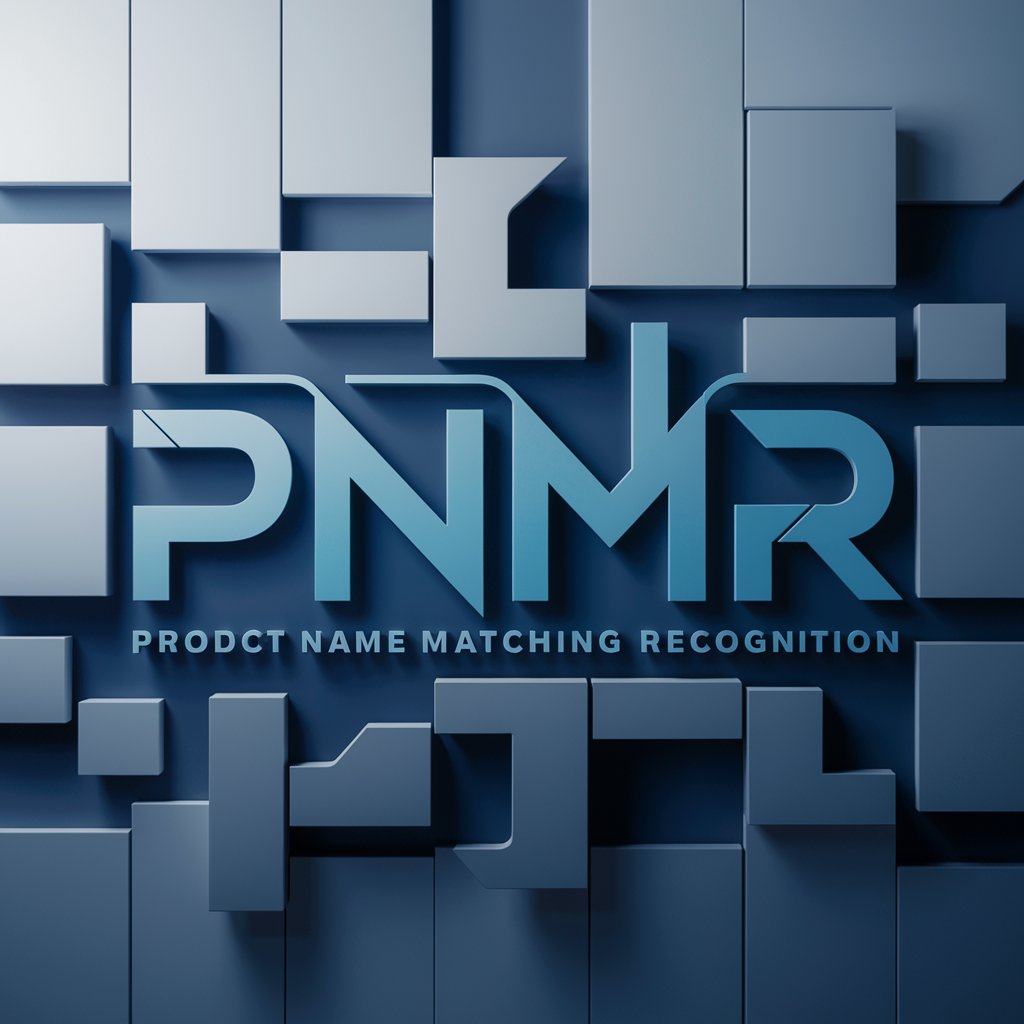
Search_and_Classification
Empowering Insights with AI
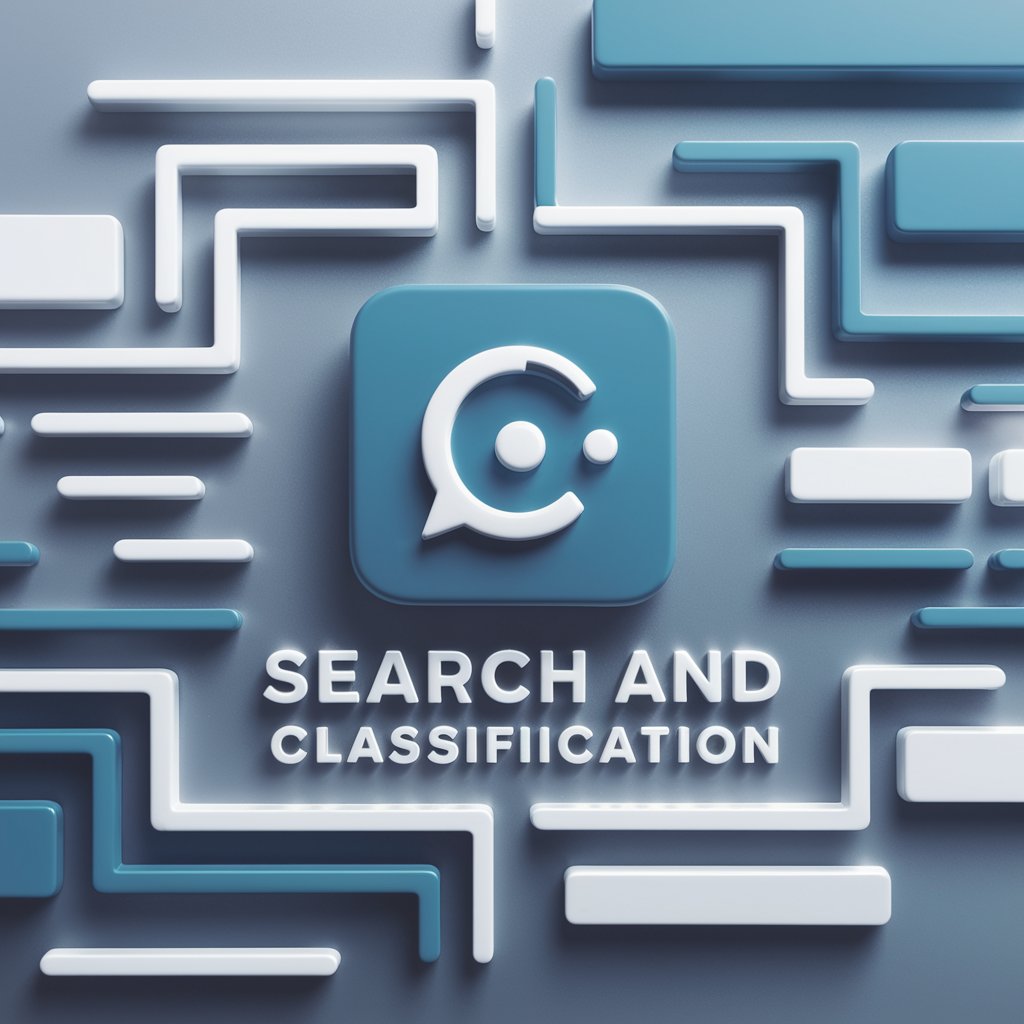
Abstracts (Exit) -Analyzer
Unlock insights into multinational exit strategies with AI.

rapport
Streamlining Complex Data into Clarity
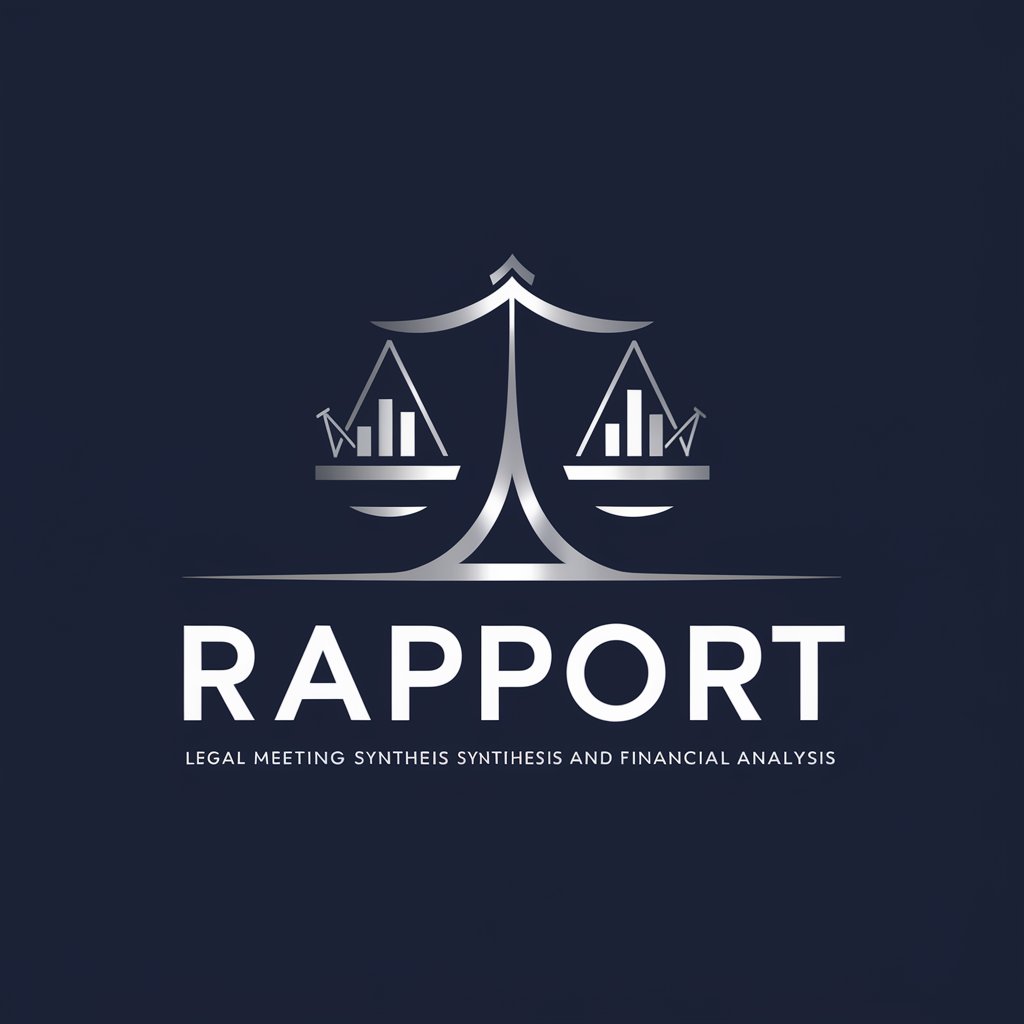
Finance Facilitator
Automating Financial Insight with AI
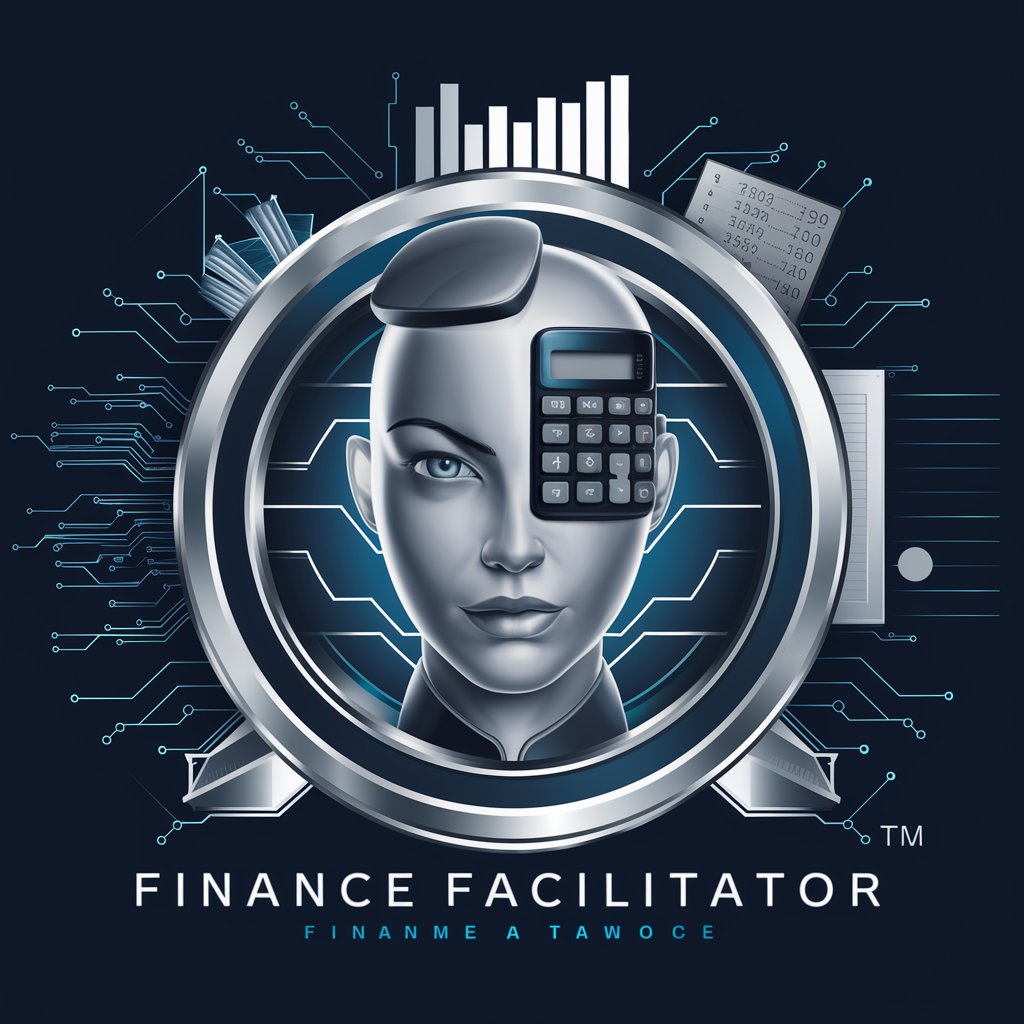
Qual pasta?
Streamlining your file management with AI.

Taxonomy Development
Streamline Sustainability with AI
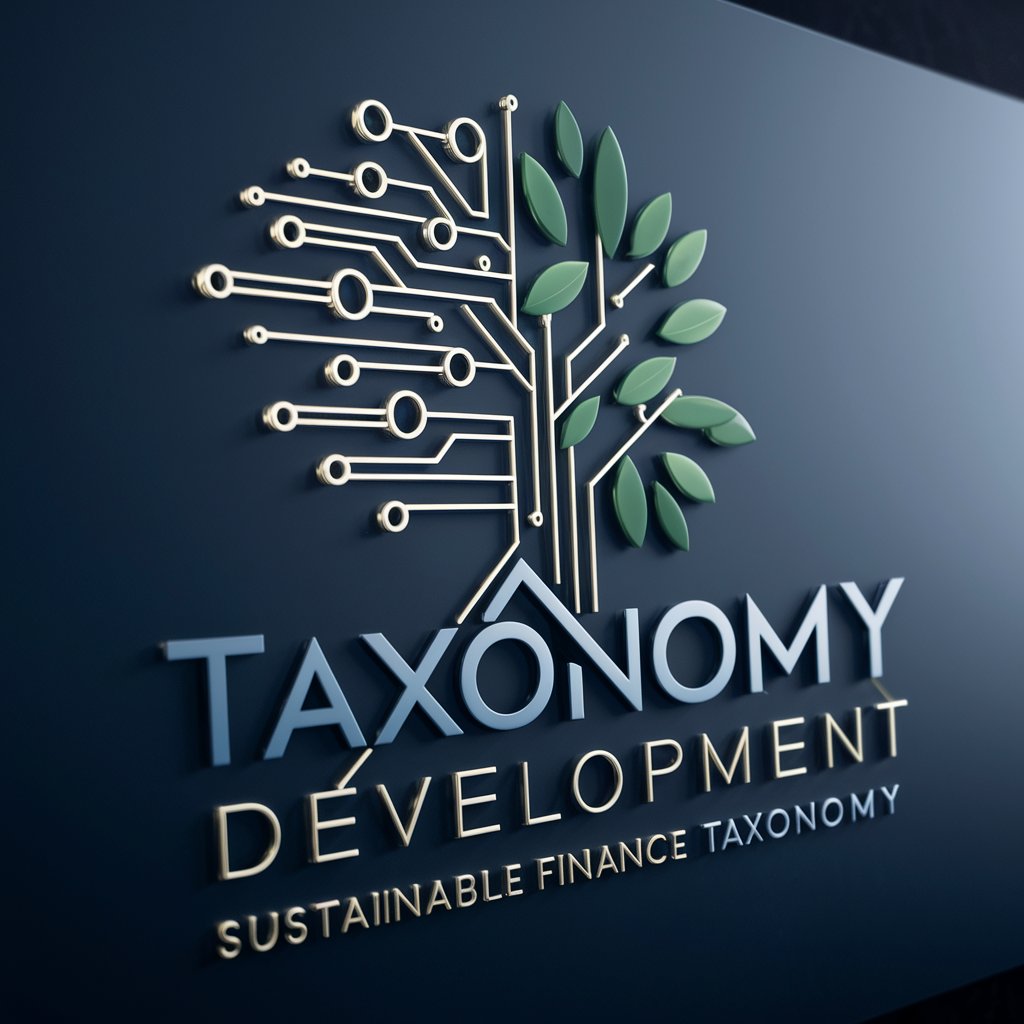
Sector Classifier
Streamlining sector classification with AI
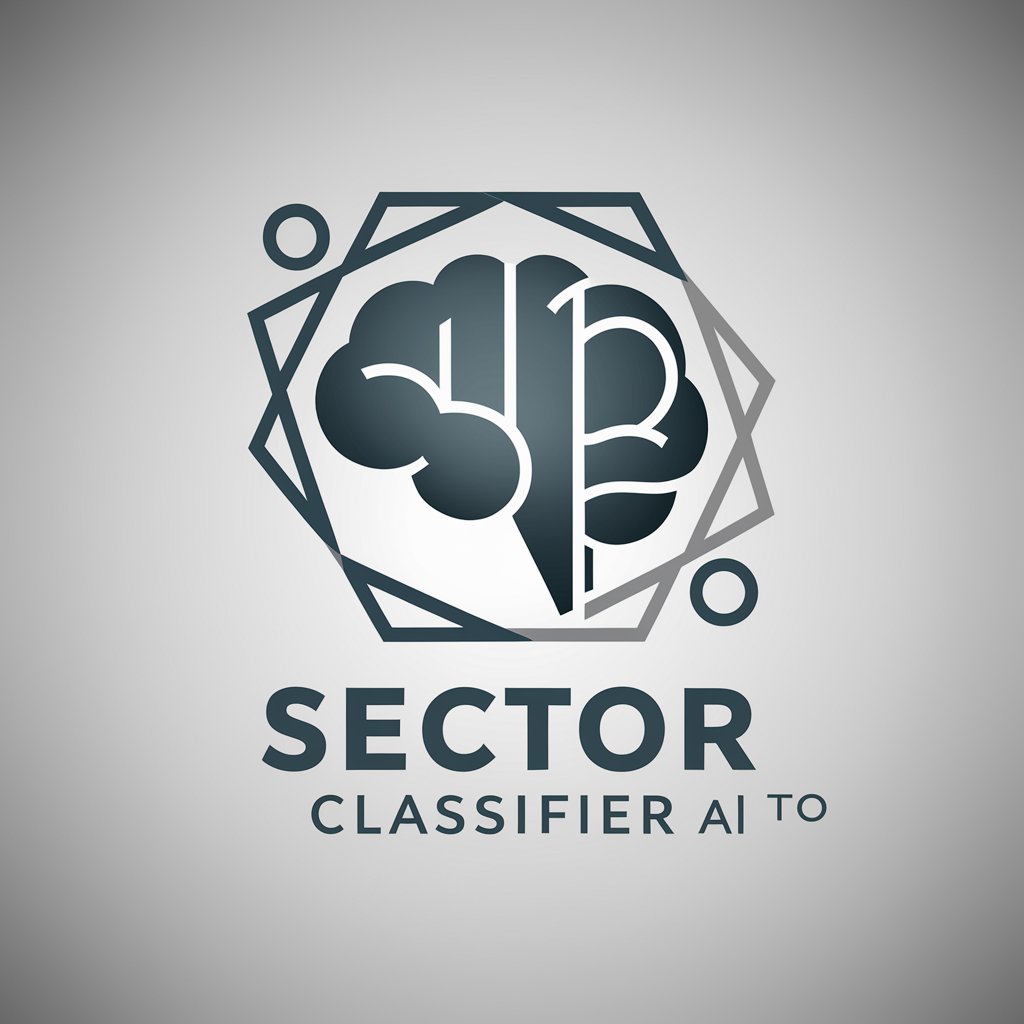
Float
AI-driven Content Categorization
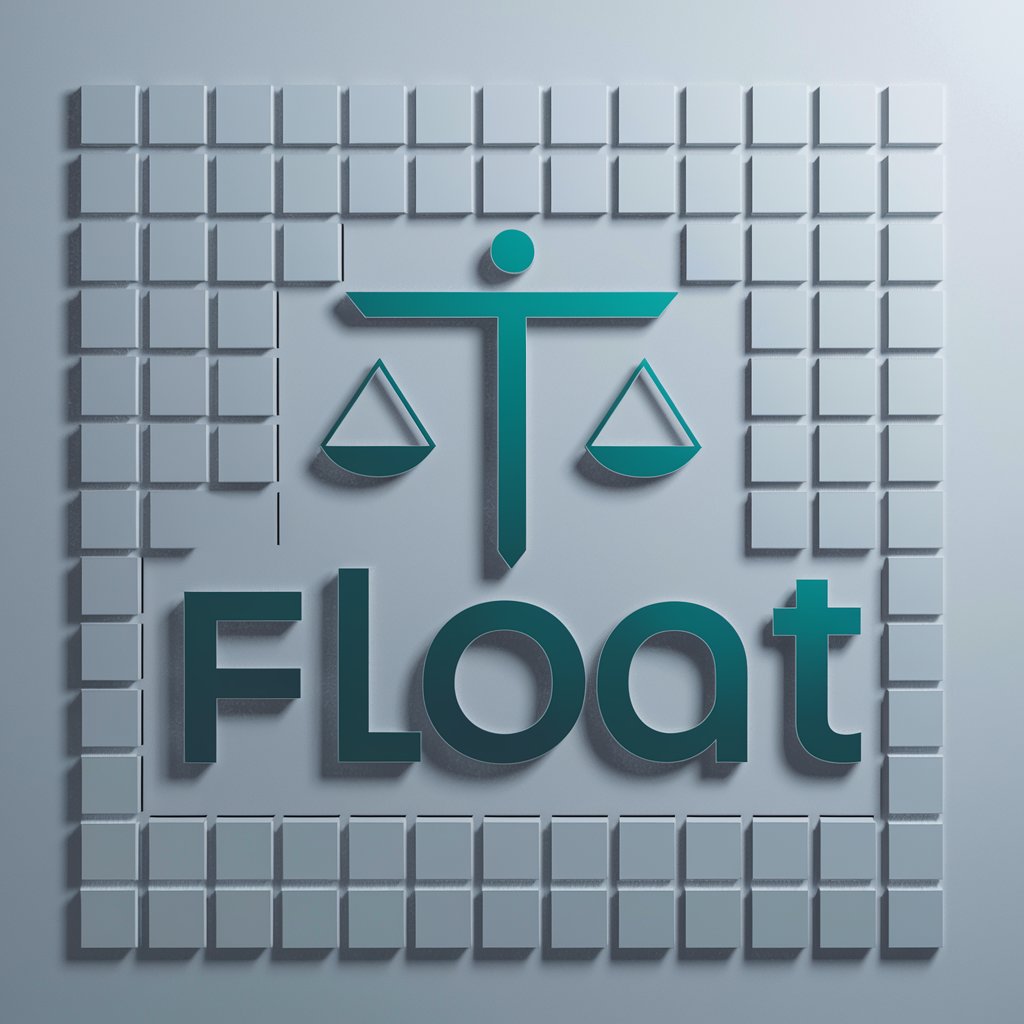
INSIGHT TO TOPIC +BROAD THEME, SUB-THEMES
AI-driven Insight Categorization Tool
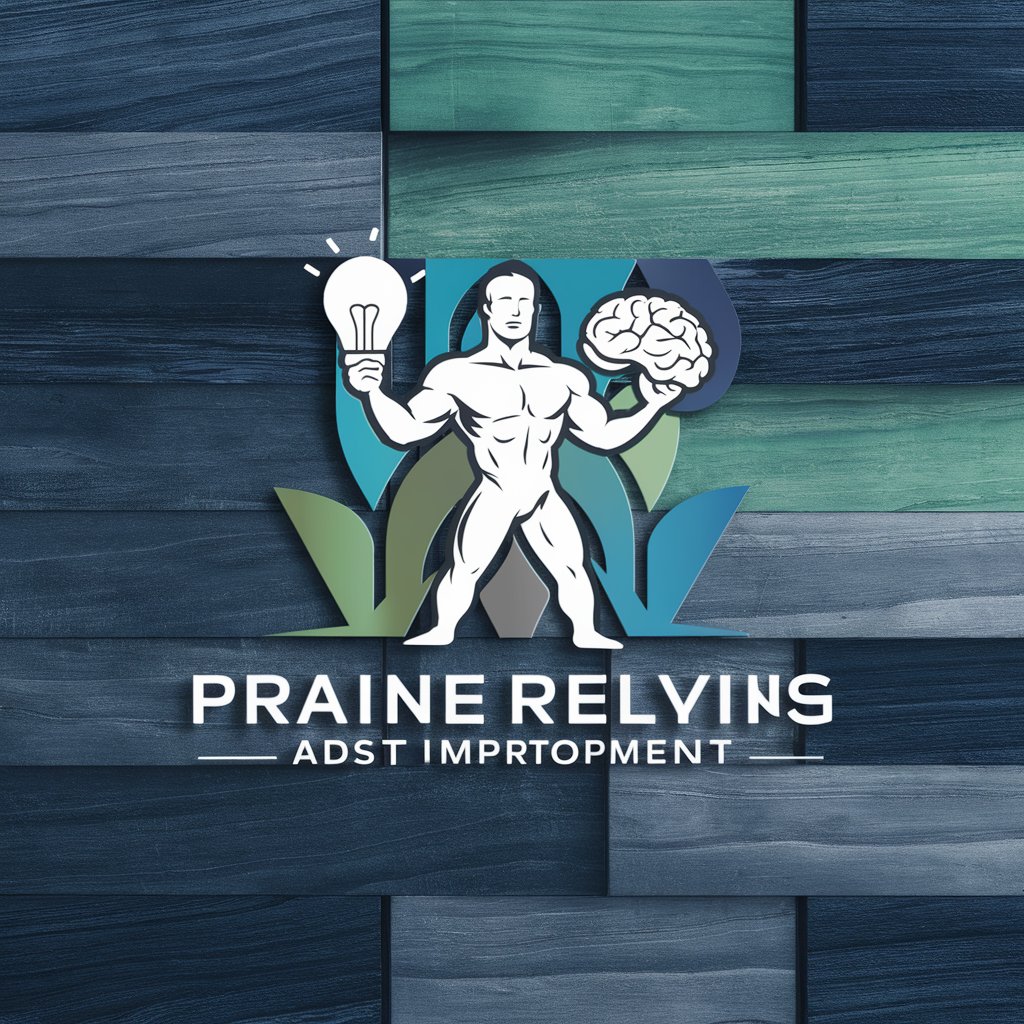
Prediction Verificator
Revolutionizing Research with AI
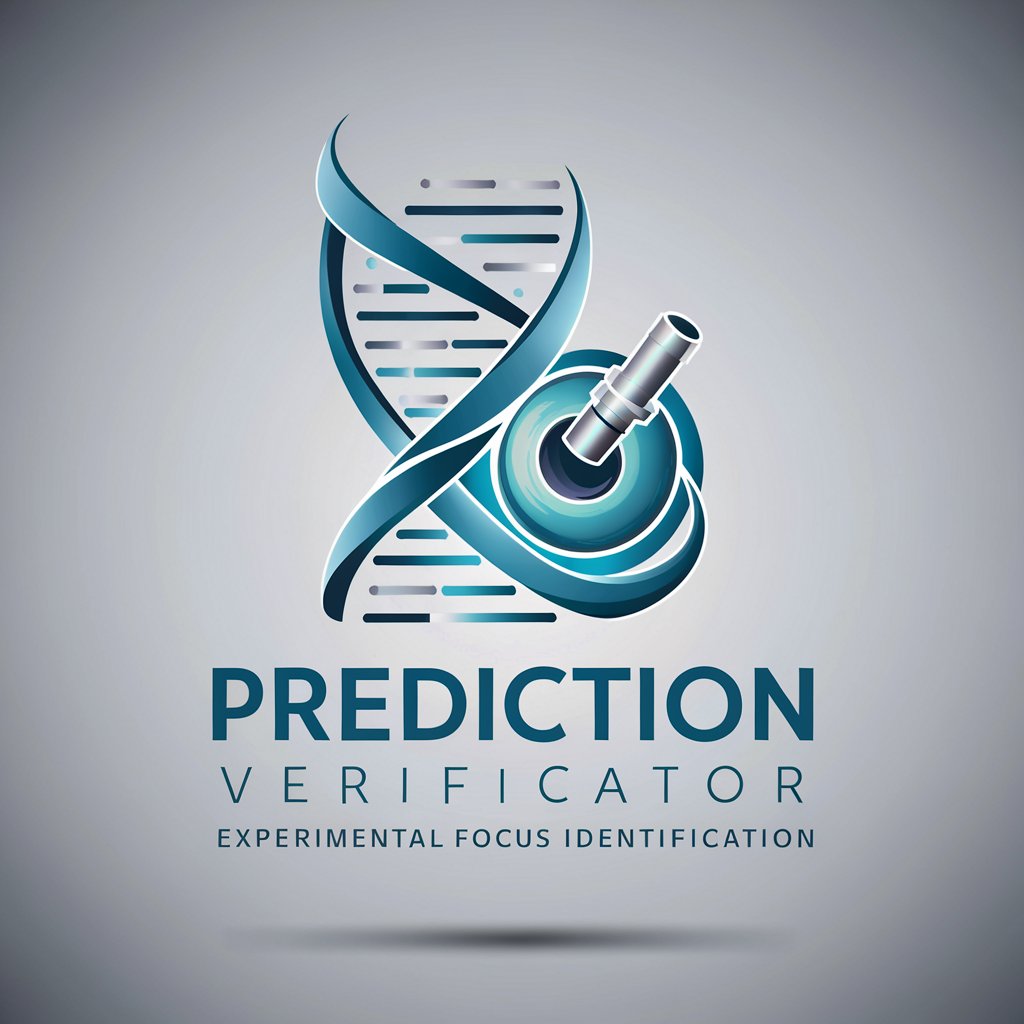
Beauty Classifier
Automate insights from beauty reviews

Category Analysis
Transform data into actionable insights with AI.
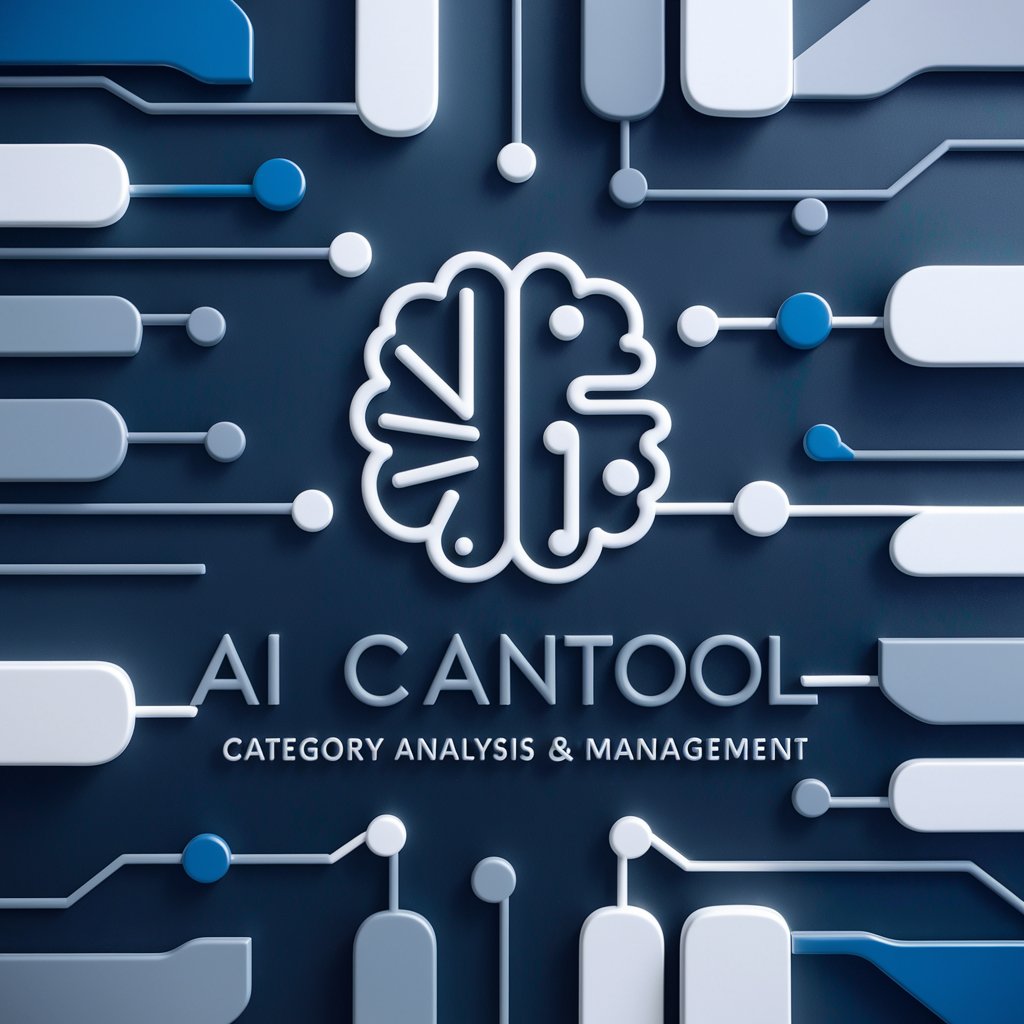
Key Characteristics and Functionalities
AI GPTs for Data Categorization offer a wide range of features tailored to the needs of data sorting and classification. Core capabilities include natural language processing for understanding text data, image recognition for categorizing visual content, and adaptability to various data formats and structures. These tools can learn from examples, making them highly effective for complex categorization tasks. Special features may encompass advanced analytics, support for multiple languages, integration capabilities with existing databases and software, and real-time processing for dynamic data categorization.
Who Benefits from Data Categorization GPTs?
AI GPTs for Data Categorization are versatile tools that cater to a broad audience, including data analysts, marketers, researchers, and IT professionals. They are particularly beneficial for individuals and organizations dealing with large datasets and requiring efficient data management solutions. These tools are accessible to novices through user-friendly interfaces, while offering extensive customization options for developers and data scientists looking to tailor the GPTs to specific projects or research needs.
Try Our other AI GPTs tools for Free
Interactive Visualizations
Discover how AI GPT tools for Interactive Visualizations transform complex data into dynamic, comprehensible visuals, tailored to enhance decision-making and insight generation.
Animation Projects
Discover how AI GPTs revolutionize animation projects, offering tailor-made solutions for scriptwriting, character design, and more. Enhance creativity and efficiency in your animation workflow.
Healthcare Financing
Discover how AI GPTs transform healthcare financing with advanced analytics, automation, and predictive insights for enhanced financial decision-making and operational efficiency.
Chatbot Enhancement
Discover how AI GPTs revolutionize chatbot interactions with advanced natural language processing, offering personalized, context-aware responses for an enhanced user experience.
Plugin Development
Discover how AI GPTs revolutionize Plugin Development, offering automated coding, debugging, and optimization to streamline the creation of high-quality plugins.
Service Automation
Discover how AI GPTs for Service Automation can transform your service delivery with advanced AI tools designed for efficiency, adaptability, and seamless integration.
Expanding the Horizon with GPTs in Data Categorization
The integration of AI GPTs into data categorization not only streamlines data management but also opens new avenues for data analysis and insight generation. With the ability to handle diverse data types and complex categorization tasks, these tools enable businesses to unlock the full potential of their data, fostering innovation and strategic decision-making. Moreover, the user-friendly interfaces of these GPTs ensure that cutting-edge technology is accessible to a wider range of users, enhancing data-driven practices across various sectors.
Frequently Asked Questions
What is AI GPT for Data Categorization?
AI GPT for Data Categorization refers to the use of Generative Pre-trained Transformers to automatically sort and classify data into predefined categories, leveraging machine learning for efficient data processing.
How do these tools adapt to various data types?
These tools use machine learning algorithms to learn from examples, enabling them to adapt to different data formats, structures, and contexts for accurate categorization.
Can non-technical users operate these tools?
Yes, many AI GPTs for Data Categorization are designed with user-friendly interfaces, making them accessible to non-technical users while also offering advanced customization for experts.
Are there any industry-specific applications?
Yes, these tools can be customized for specific industries, such as healthcare, finance, e-commerce, and more, to cater to unique data categorization needs.
How do these tools handle privacy and data security?
AI GPTs are designed with built-in security features and compliance with data protection regulations to ensure that data is processed securely and privately.
Can these tools integrate with existing systems?
Yes, many AI GPTs offer integration capabilities, allowing them to work seamlessly with existing databases, CRM systems, and other software tools.
What makes AI GPTs more effective than manual categorization?
AI GPTs can process data at a scale and speed unattainable by humans, with machine learning algorithms improving accuracy and efficiency over time.
Are there any limitations to these tools?
While highly effective, these tools may require initial training data and fine-tuning to achieve optimal performance, and complex categorization tasks might still pose challenges.